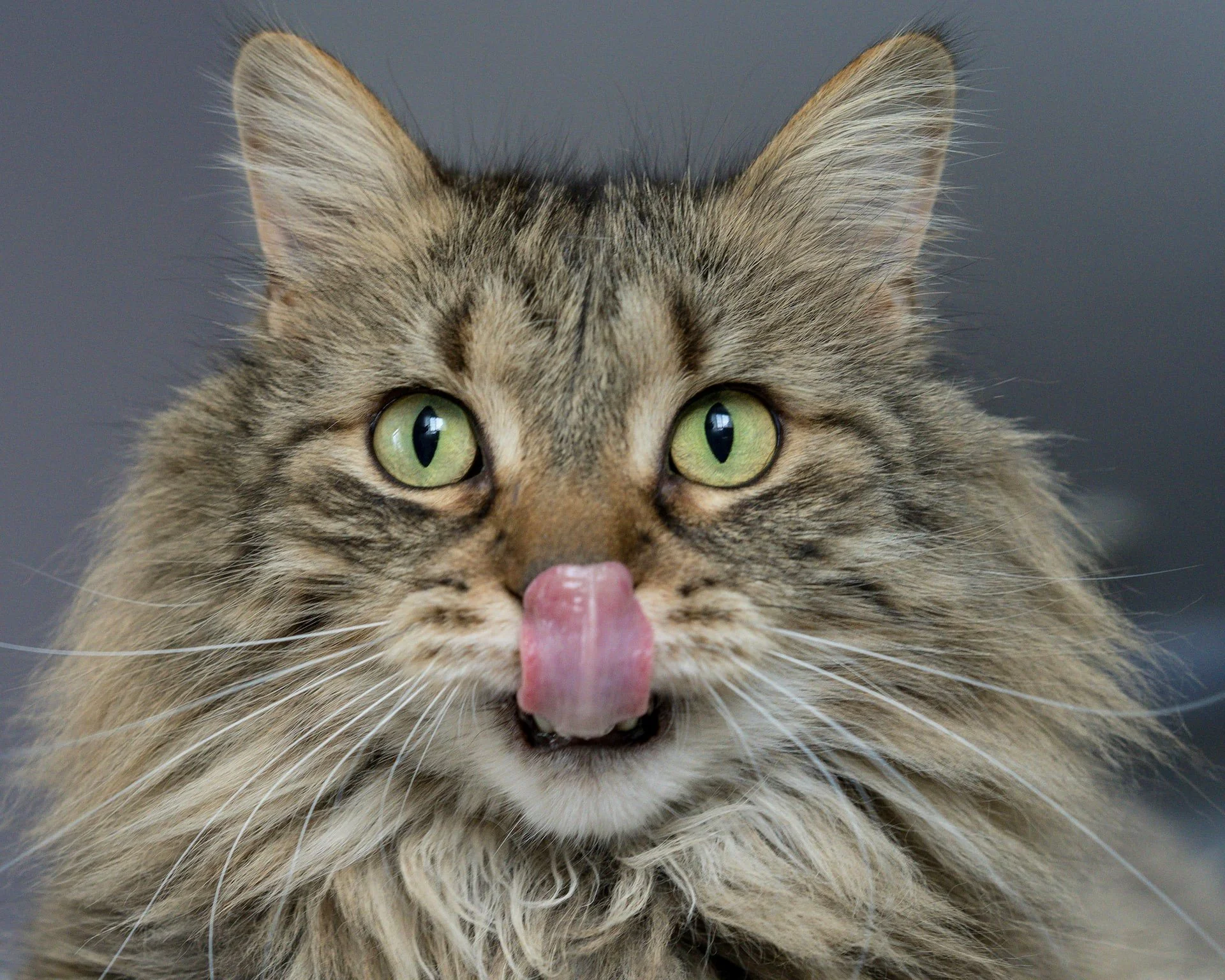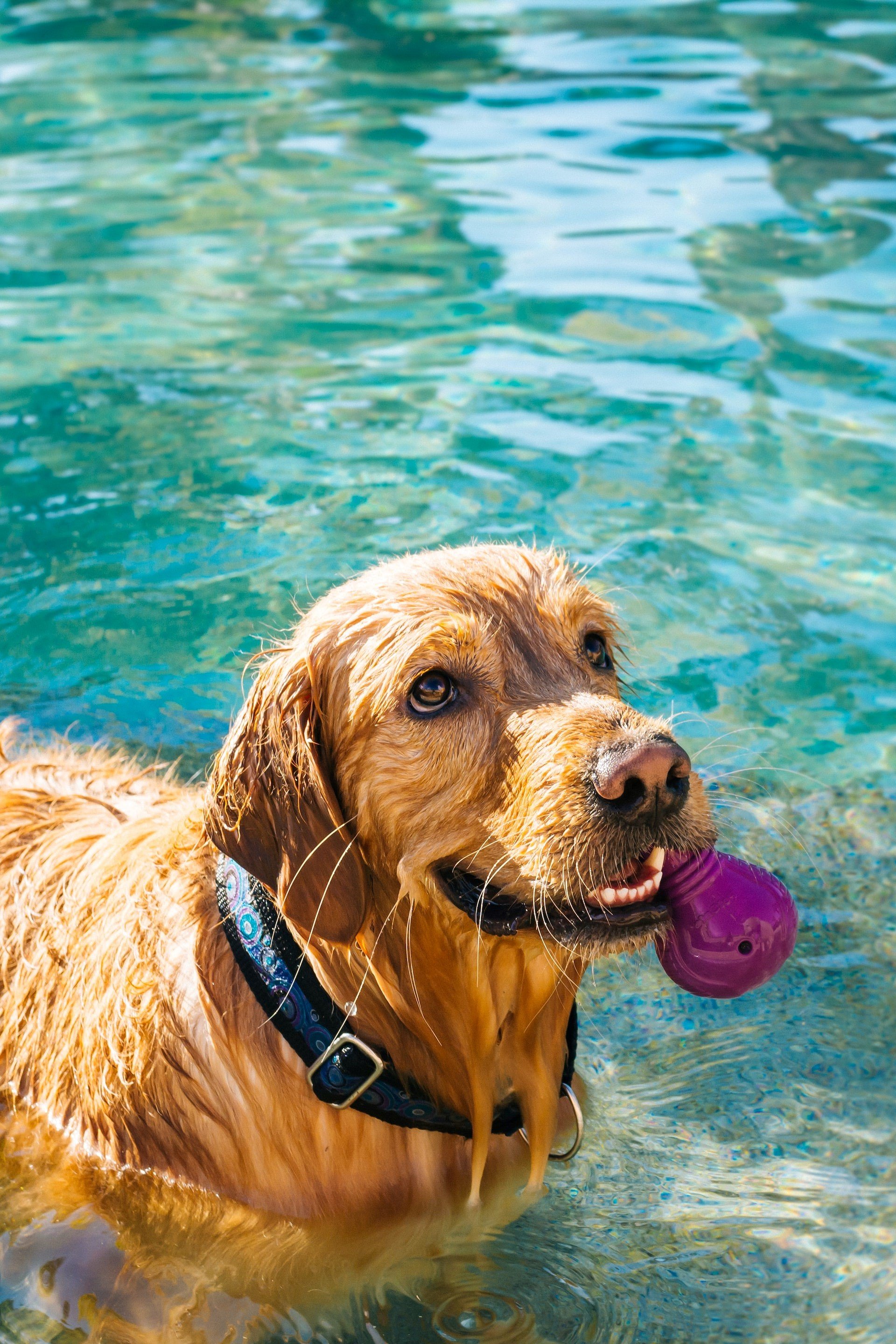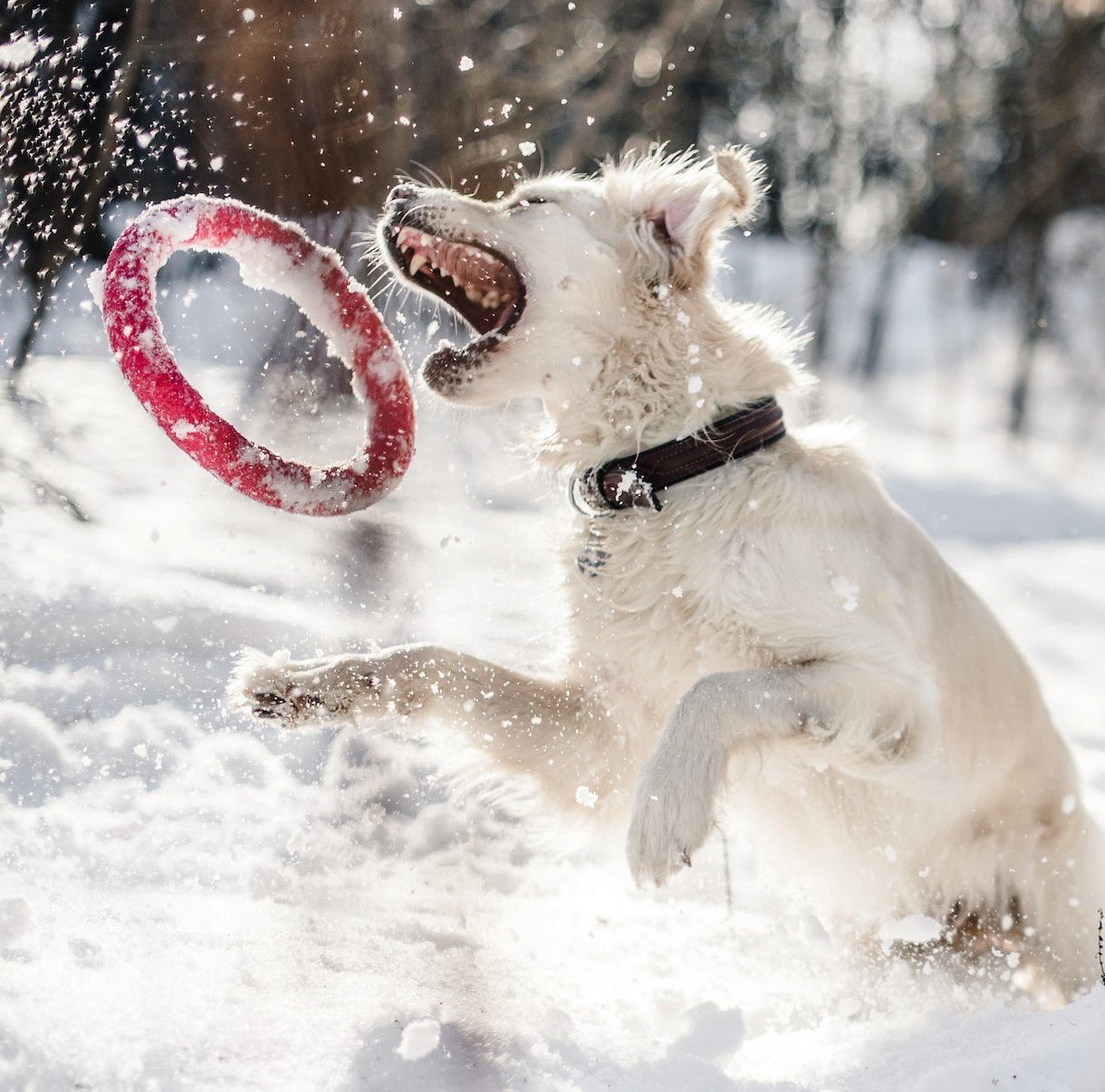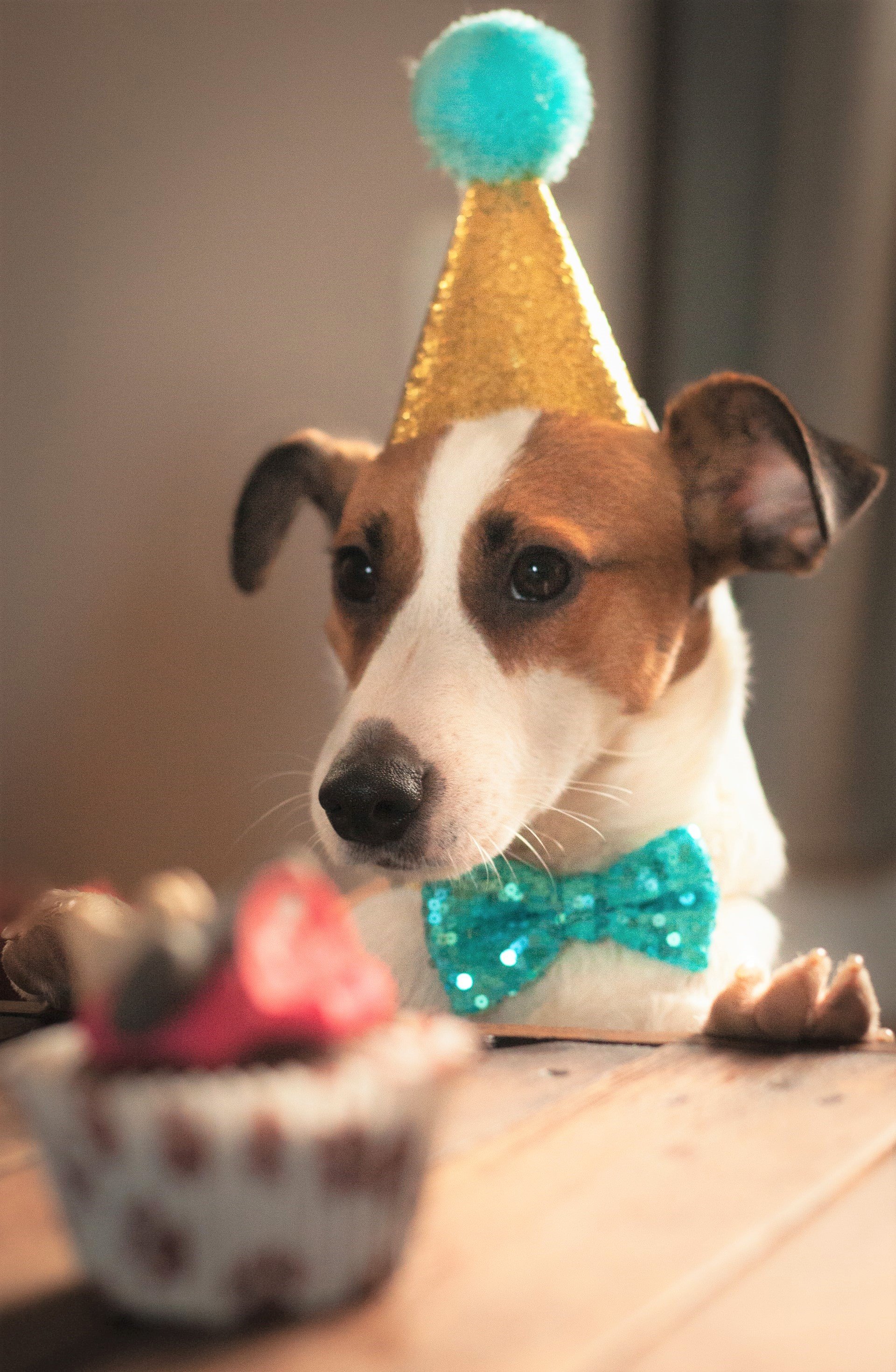By Jessica Scott-Reid
Jessica is a Canadian writer, animal advocate and plant-based food expert. Her work appears regularly in media across Canada and the US.
Earlier this month, animal-free dog food company Wild Earth announced it has developed a cellular-based chicken broth topper for dog food. The product, which was developed using animal cells (but no animals), will be launched in 2023, adding yet another option to animal-free pet food.
The popularity of animal-free pet food has grown in recent years—not only due to concern for animals slaughtered for conventional pet food—but also for the environment. Turns out, caring for our furry family members can come with a hefty eco-footprint, and this comes down largely to their food.
One 2017 study from UCLA found that feeding our dogs and cats animal-based food results in about 64 million tons of greenhouse gases each year –and that’s just in the US. This amounts to a quarter of the greenhouse gas emissions caused by animal agriculture and is equivalent to driving over 13 million cars for a year.
As a result of mounting research on the eco-impact of conventional pet foods, the plant-based dog food market has seen a boom. It was already worth over US$ 6.3 billion globally in 2021, and a recent report forecasts it to grow to nearly US$ 11 billion by 2028. Similarly, interest in cell-based and precision fermented pet foods is also expected to rise.
Wild Earth’s cell-based broth topper “will join the company’s premium line of high-quality, nutritionally complete, 100% vegan products, developed by a team of vets and animal food scientists, including Complete Protein Dog Food and Superfood Dog Treats,” the company said in a statement.
Though some dog guardians may have concerns about feeding their omnivorous canines a fully plant-based diet, a large study conducted earlier this year found that a vegan diet—all plants, no animals—can actually be healthier and safer for dogs than typical meat-based diets.
The study followed 2,500 dogs for over a year and found, in-part, that while 49% of the dogs fed a conventional animal meat-based diet suffered from one or more health disorders, that number was only 36% for those on the vegan diet. “Our study is by far the largest study published to date,” Andrew Knight, professor at the University of Winchester, UK, who led the study, told The Guardian. “It revealed that the healthiest and least hazardous dietary choices for dogs are nutritionally sound vegan diets.”
Nutritionally sound generally means complying with the necessary standards of the Association of American Feed Control Officials, which “establishes the nutritional standards for complete and balanced pet foods,” according to its website, or, in the EU, the European Pet Food Industry Federation (FEDIAF) guidelines.
European vegan dog food brand Omni, certainly complies with the necessary requirements, as it has been formulated by a veterinarian, the company's co-founder Dr. Guy Sandelowsky. In a 2021 interview with The Evening Standard, Dr. Sandelowsky said that not only can a vegan diet be safe and beneficial for dogs, but that it is also, "ideal if your dog suffers from allergies. Meat/fish protein is the most common food-based allergen that we see in dogs, so its exclusion could be the key to an allergy-free life for your dog. Omni is also a great choice for dogs that are a little overweight."
For cats, whether or not the obligate carnivores can thrive on supplemented plant-based food is still up for debate. The cell-based pet food space may be where the eco-solution for cat food lies.
But administering food is not the only aspect of pet guardianship that carries an eco-impact. What goes in, must inevitably come out and coping with that has traditionally meant using countless plastic bags and contributing to our already overflowing landfills. Thankfully, there are now other options, including bags that use an oxo-biodegradable additive to help breakdown the plastic more quickly, or bags that are totally plastic-free, made of veggie material that breaks down in two to three months when composted.
For our feline friends, traditional clay cat litter can also come with lesser-known eco-impacts, as it is mined, hauled, processed and then eventually dumped into landfills, also usually in plastic bags. Alternative brands such as Yesterday’s News, made of recycled newspaper (which is also safe for rabbits), and Naturally Fresh, made of discarded walnuts shells, offer more earth-conscious options for your kitty’s needs.
And what about all the accessories our companion animals require: the beds, blankets, collars, leashes, harnesses, dishes, coats, toys, etc.? Perhaps the best option for cutting our pets’ eco-pawprints is to buy and use items that already exist. Second-hand pet supply shops are becoming more popular across North America, as are online marketplaces, and of course our usual thrift shops, which may sell all the leashes, fashions and food bowls you and your fur baby could want.
As the earth copes with climate change, eco-conscious pet parents can certainly help by making more sustainable consumer choices on behalf of our favourite furry family members.






